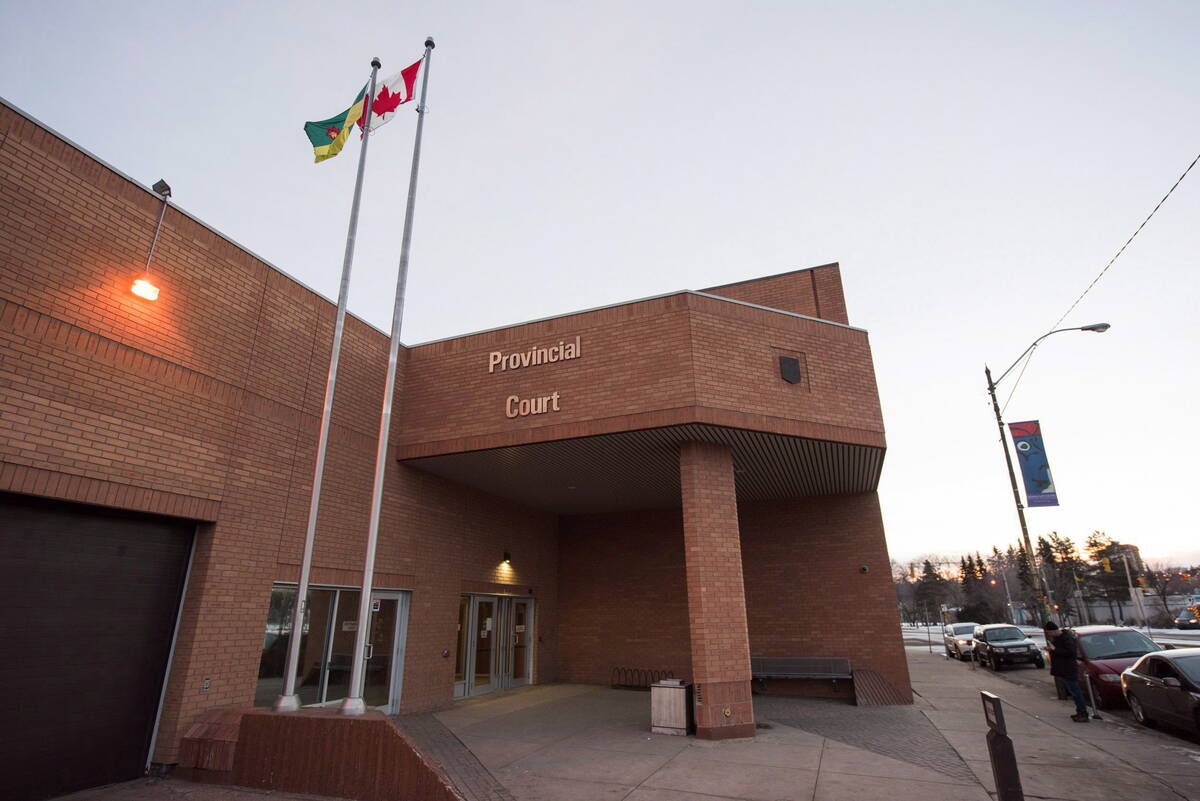Q: I am a 60-year-old male and I like to drink lots of tea. This may be because I am originally from Britain. I drink at least seven cups a day. I heard that tea can help prevent Alzheimer’s. Is this true and how does it work? I am interested because my mother has the condition and I understand it is hereditary.
A: Yes, it does appear to be the case that drinking tea can help prevent Alzheimer’s. It may be aseffective as some prescribed medications that supposedly do the same, and without the side effects.
Read Also

Understand limitation periods if considering civil suit
A limitation period refers to the amount of time a plaintiff has to commence a formal claim in court or lose their ability to pursue it.
Researcher Ed Okello of the University of Newcastle upon Tyne in England has investigated the properties of coffee and both types of tea. He found that the teas worked by assisting the activity of the neurochemical transmitter chemical acetylcholine. This substance helps messages to be passed from one nerve ending to another in the brain and the lack of it is what is thought to be responsible for causing Alzheimer’s disease.
Medications that are used to delay the progression of memory loss and disorientation in these patients are known as anticholinesterase inhibitors. Examples of these are Aricept and Exelon. There is a new drug known as Mementin but it is still being tested before being approved for the general public. It works on a different brain chemical.
Tea also works by blocking the enzyme butylcholinesterase, which has been found in certain protein deposits in the brains of Alzheimer victims. Green tea may be even better because it helps stop the formation of these protein deposits by combating yet another brain chemical, beta-secretase. Green tea has also been thought to work as an antioxidant, which may be beneficial in cancer prevention.
Continue drinking lots of tea. It’s good for you and unlike some herbal remedies, you know exactly what you are getting. Until we can get spare parts for the brain, this is probably your best preventivemedicine.
In fact, making replacement parts for the brain may not be just a sci-fi fantasy. Researchers are now working on plugging microchips directly into the brain. The problem remains to create a connection between the silicon based hardware and the “wet ware” of the brain tissue. There is a trial on at the University of Southern California in Los Angeles on rats’ brains, using an implantable hippocampus, which is the part of the brain involved in long-term memory and creating new memories. In addition to Alzheimer’s, strokes and epilepsy can also lead to irreversible damage to this part of the brain.
Clare Rowson is a medical doctor with a practice near Belleville, Ont. Her columns are intended for general information only. Individuals are encouraged to also seek the advice of their own doctor regarding medical questions and treatments.
















